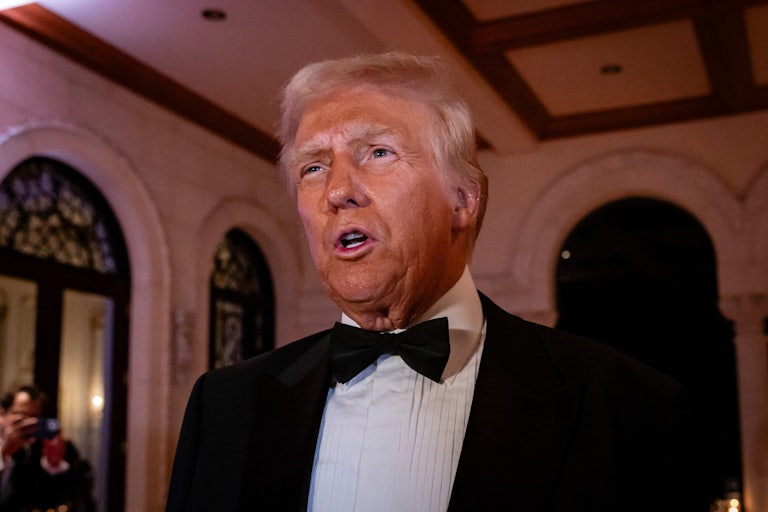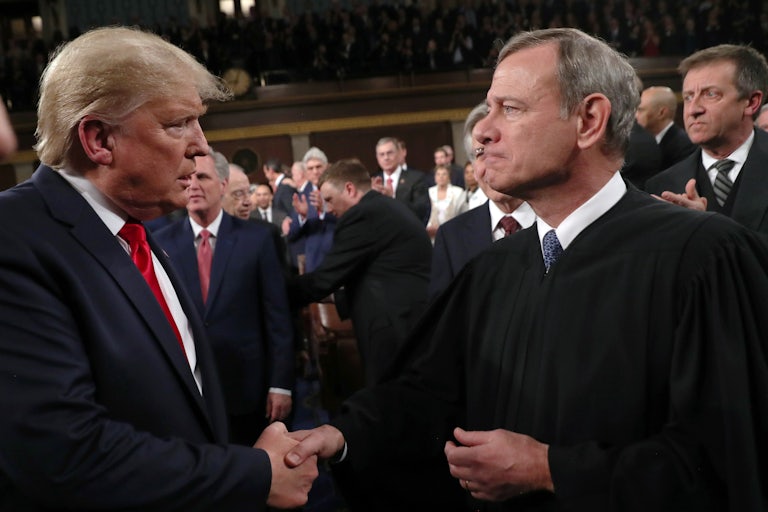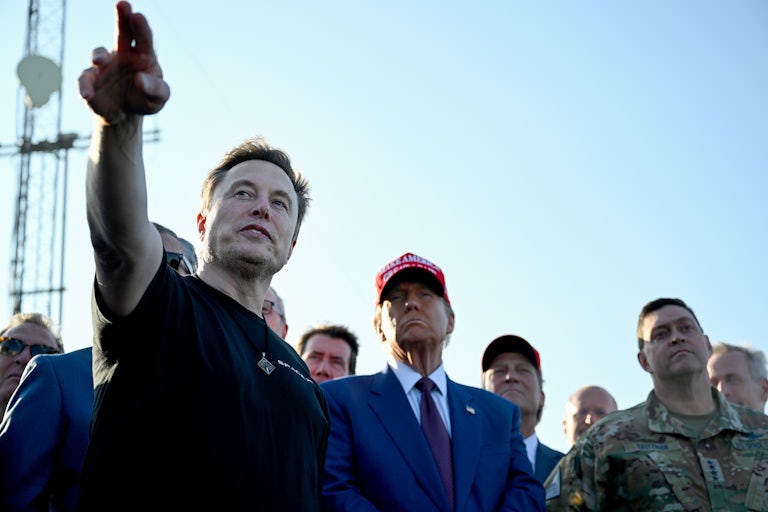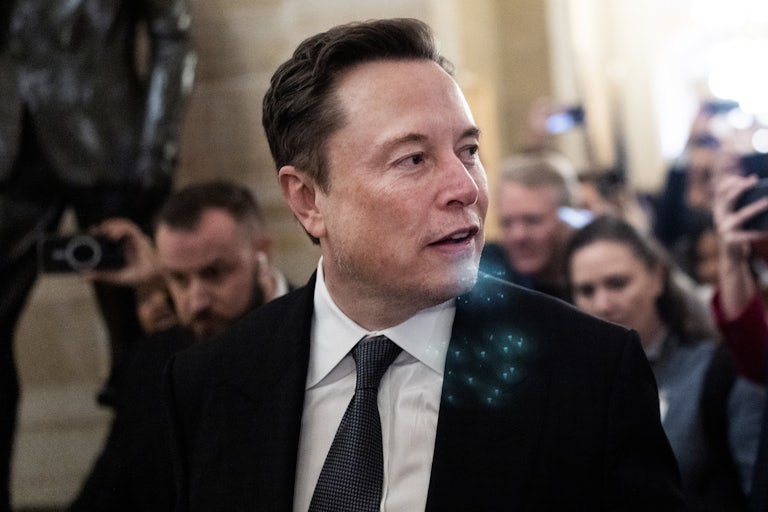Trump Eyes Axing These Key Programs to Help His Friends Get Richer
Donald Trump wants to extend his tax-cut program.

Extending Donald Trump’s 2017 tax plan—as his MAGA acolytes want to—could raise the national deficit by as much as $5 trillion. In response, Republicans are floating some rather extreme options to offset the cost, including raising tariffs on foreign goods, repealing clean energy programs, and axing some of the nation’s largest federal agencies, such as the Department of Education.
Trump’s tax plan, which overwhelmingly benefits corporations, would balloon the national debt, which currently sits at $36.2 trillion. Nonpartisan groups that have assessed the president-elect’s agenda predict that Trump’s second term could cost the nation much more, possibly increasing it by as much as $15 trillion, reported The Washington Post.
At the top of the list of options to offset costs is a broad tariff plan, which could spare the nation some $2.7 trillion over 10 years by adding levies on goods from China, Mexico, and Canada. (The plan has sent the latter of the trio into a tailspin, with Chrystia Freeland, Canada’s former deputy prime minister and minister of finance, resigning just hours before releasing the nation’s first economic plan in response to Trump’s “America First” policies.)
But what’s good for Trump isn’t necessarily good for Americans: In a joint letter released before the election, nearly two dozen Nobel Prize–winning economists formally warned against Trump’s economic plan, arguing that the MAGA leader’s stiff tariff increases and tax cuts would spell disaster for the average American.
Republicans have also proposed nixing the nation’s clean energy programs, including dismantling the Inflation Reduction Act of 2022—one of President Joe Biden’s chief legislative victories—saving some $700 billion from the federal deficit. Doing so, however, would kill tax credits for electric vehicles and spur fossil fuel production on federally protected land.
A different path forward to scrimp and save includes cutting “unauthorized” spending, or money that Congress has not explicitly authorized. Elon Musk and Vivek Ramaswamy, the assumed co-chairs of the Department of Government Efficiency (which does not yet exist), have claimed that slashing this category would save $516 billion. But it would also come with major cuts to veterans’ health care, the State and Justice Departments, and NASA.
Another cashflow could come from eliminating the Department of Education, which would save some $200 billion from the deficit—while simultaneously dismantling the nation’s education system, which locally relies on billions from the federal government to support low-income and low-performing schools.









